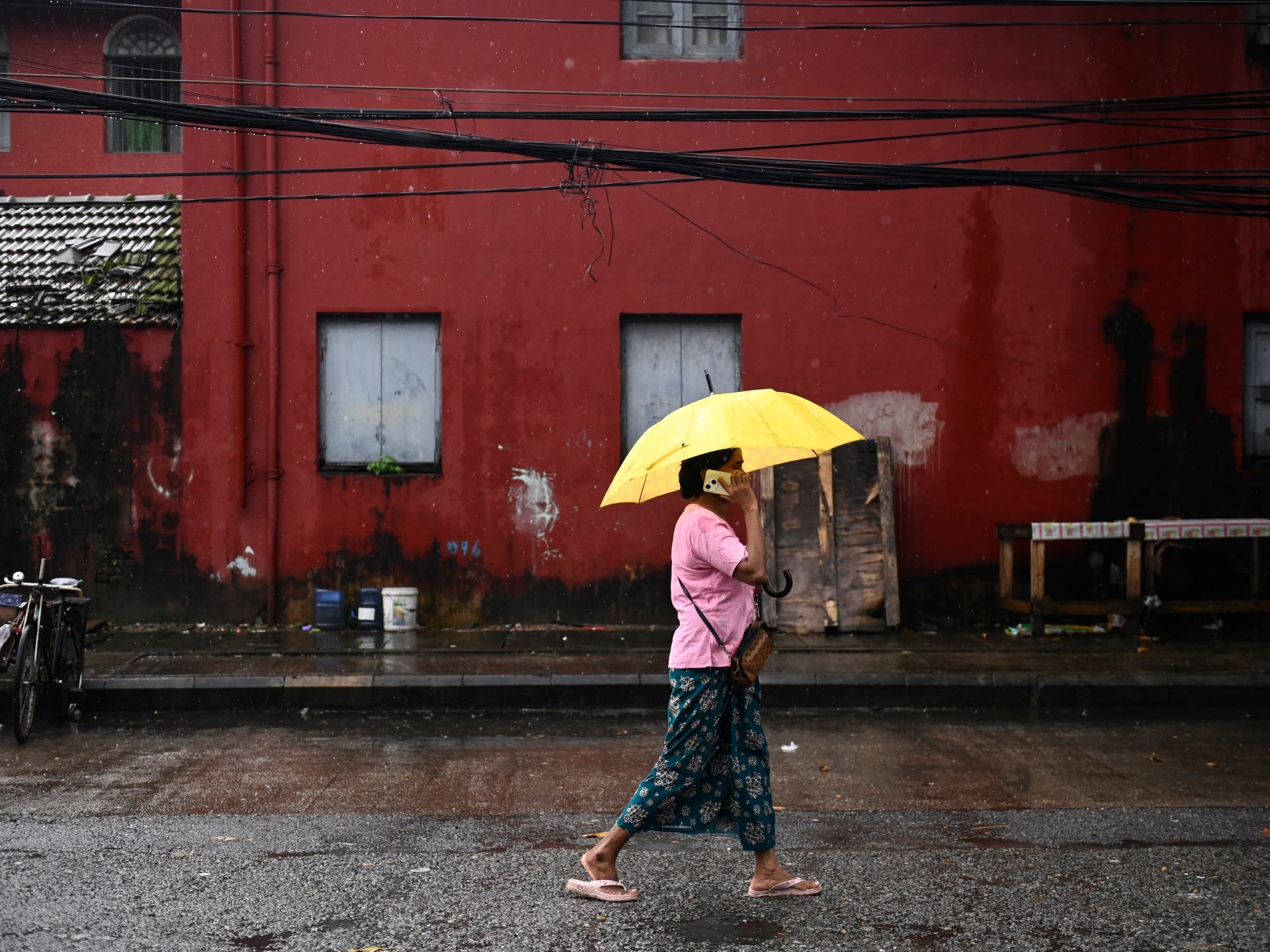Development financing to Southeast Asia is expected to decline by over $2 billion in 2026 due to recent cutbacks by Western governments, according to the Lowy Institute, a prominent Australian think tank.
The Sydney-based Lowy Institute released a report on Sunday predicting that development assistance to Southeast Asia will decrease to $26.5 billion in the upcoming year, down from $29 billion in 2023.
These figures are significantly lower than the pre-pandemic average of $33 billion.
Bilateral funding is also forecasted to decrease by 20 percent, from approximately $11 billion in 2023 to $9 billion in 2026, according to the report.
The cuts will mainly affect poorer countries in the region, and social sector priorities such as health, education, and civil society support, which rely heavily on bilateral aid funding, are likely to be the most impacted.
Cuts in funding from Europe and the United Kingdom have been made to redirect funds towards increased defense spending, as NATO members plan to raise defense spending to 5 percent of gross domestic product (GDP) in light of Russia’s invasion of Ukraine.
The European Union and seven European governments are expected to cut foreign aid by $17.2 billion between 2025 and 2029, while the UK has announced a cut in foreign aid spending by $7.6 billion annually.
The United States has also significantly reduced foreign aid, with President Donald Trump shutting down the US Agency for International Development (USAID) and slashing nearly $60 billion in foreign assistance earlier this year. The US Senate has also taken steps to further reduce spending by $8 billion.
The Lowy Institute suggests that governments closer to Southeast Asia, such as China, will play an increasingly important role in development finance.
“The center of gravity in Southeast Asia’s development finance landscape is likely to shift to the East, particularly to Beijing but also to Tokyo and Seoul,” the report states.
Combined with potentially weakening trade ties with the United States, Southeast Asian countries may find themselves with fewer alternatives to support their development.
Chinese overseas development assistance had declined sharply during the COVID-19 pandemic but has since begun to recover, reaching $4.9 billion in 2023. However, China’s spending focuses more on infrastructure projects, such as railways and ports, rather than social sector issues.
As China and institutions like the World Bank and the Asian Development Bank become more prominent in Southeast Asia, it remains unclear how Japan and South Korea will fill financial gaps, according to experts.
Japan and South Korea have expanded their development assistance to include civil society projects, with Japan moving into the governance and civil society sectors, focusing on democracy and the protection of vulnerable migrants, for example.
Similarly, South Korea has recently supported projects aimed at improving the transparency of Vietnamese courts and the protection of women from gender-based violence.
Nevertheless, both Tokyo and Seoul are facing similar pressures from the Trump administration to increase their defense budgets, which could cut into their development assistance.
Shiga Hiroaki, a professor at Yokohama National University, expressed pessimism about Japan’s ability to fill the gaps left by Western countries.
He pointed out that cuts in aid could occur as Tokyo increases defense spending to a historic high, and a right-wing party in Japan is pressuring the government to redirect funds back home.
Source: https://www.aljazeera.com/news/2025/7/21/southeast-asias-foreign-assistance-to-fall-more-than-two-billion-next-year?traffic_source=rss









